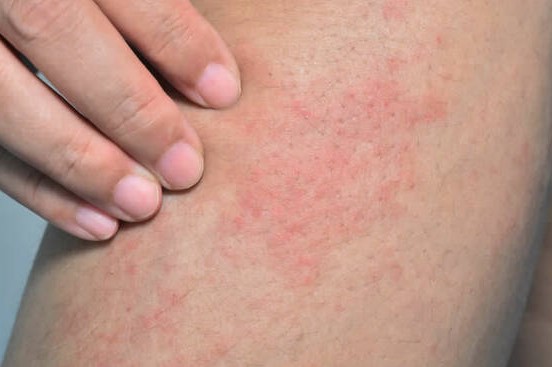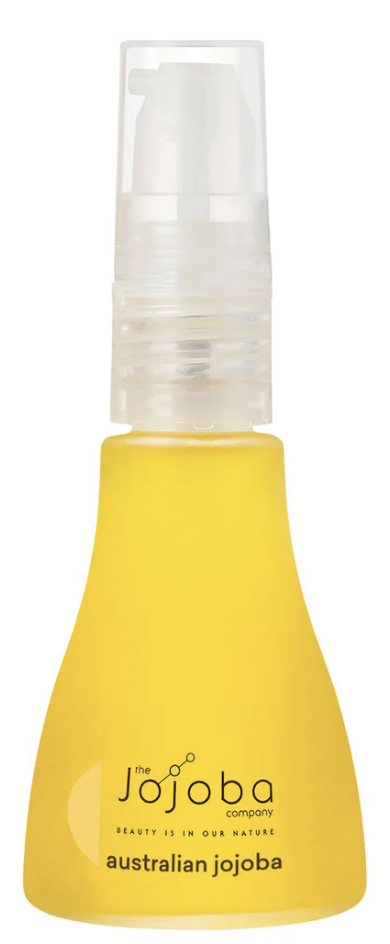Approximately 20% of the UK Population are allergic to Nickel, and with increases in summer anklets and festival and holiday jewellery during this time of year, it’s important to keep irritated skin soothed to prevent the skin from further dryness.
Chartered Chemist and Founder of SOS Serum Skincare, Bruce Green, says, “Contact dermatitis is one of the top causes of an itchy face, with one of the most common causes being nickel allergy. Approximately 20% of the UK population are allergic to nickel. Coming into contact with nickel is a daily occurrence for most, and a problem in summer, with the change in conditions and skin exposure.
Everything from jewellery, bra hooks, belt buckles, zippers, keys, razors, kitchen utensils, pots and pans, kitchen sinks, laptops, phones and coins, is made using nickel. Even certain foods contain nickel including soybeans, soy sauce, tofu, cashew, figs, cocoa powder, liquorice and buckwheat.

The signs of nickel allergy can vary from mild to severe reactions, including redness, itching, burning sensation, blisters, cracked skin and swelling.
Whilst you should always consult your doctor or skin dermatologist as every skin itch concern is individual and the concerns will vary, there are some steps you can take to help ease skin irritation.
Firstly, see if reducing your contact to nickel helps reduce allergy symptoms, especially if it’s something you wear that touches the skin. Antihistamines can help block the body’s allergic reaction, as well as washing the area of skin immediately after contact is made.
Ensure that skin is kept hydrated on a regular basis. Using skincare labelled ‘for sensitive skin types’ will be more hydrating and nourishing to dry skin types including skin irritation concerns.”
Product Spotlight to Soothe Sore Skin:
Australian Jojoba, £13, The Jojoba Company

Jojoba is naturally antibacterial, antiviral, antifungal, analgesic, anti-inflammatory and hypoallergenic so it is used to soothe the appearance of a wide range of skin conditions.
Skin recognises jojoba wax as its own wax. It leaves pores open allowing jojoba to penetrate to the deeper layers of the skin where it can really make a difference. Oils can only penetrate to the top layer of the skin (the epidermis) which can help the skin on a surface level but jojoba can work on the deeper layers where the cell regeneration and cell synthesis occurs.





